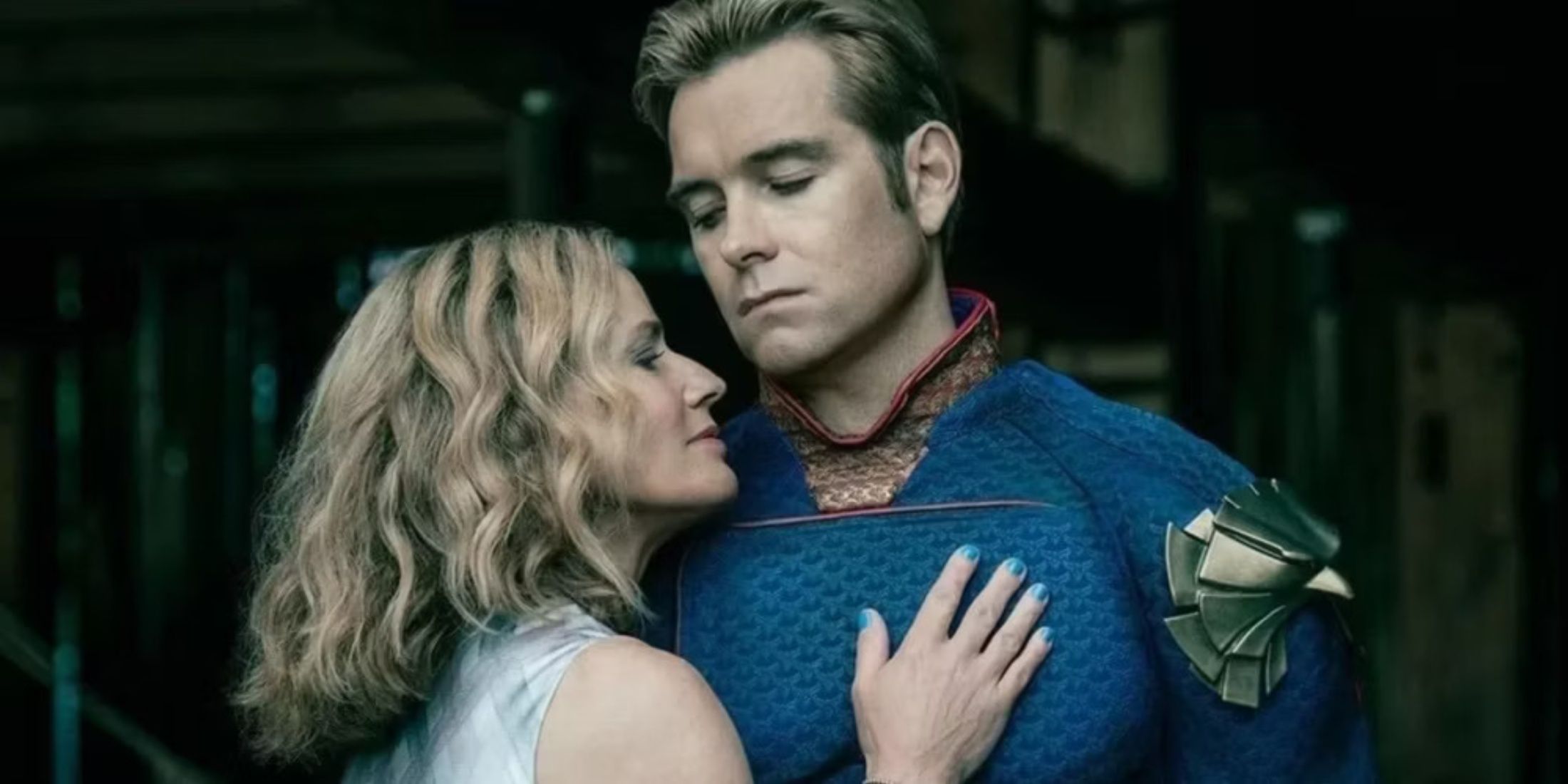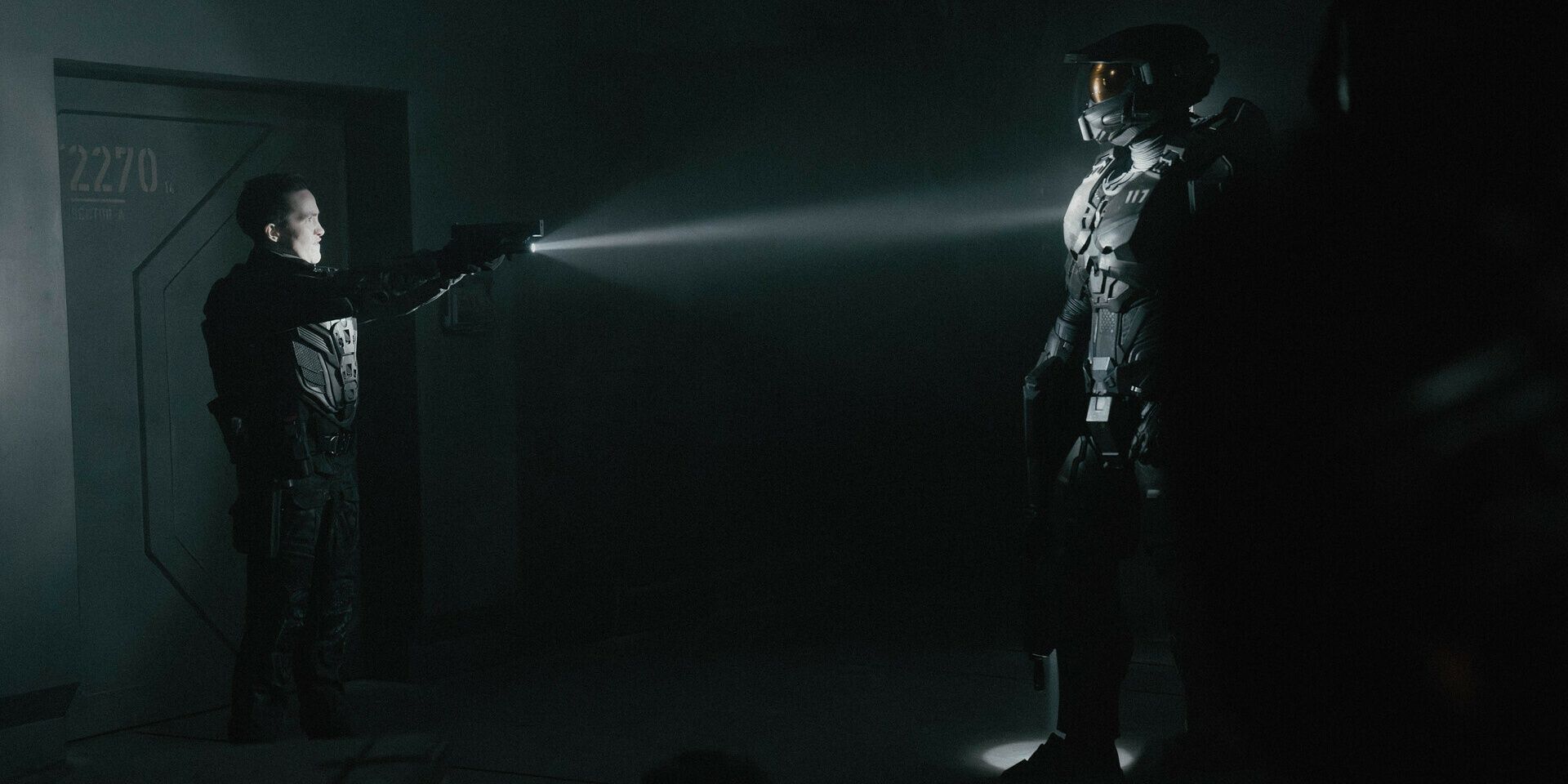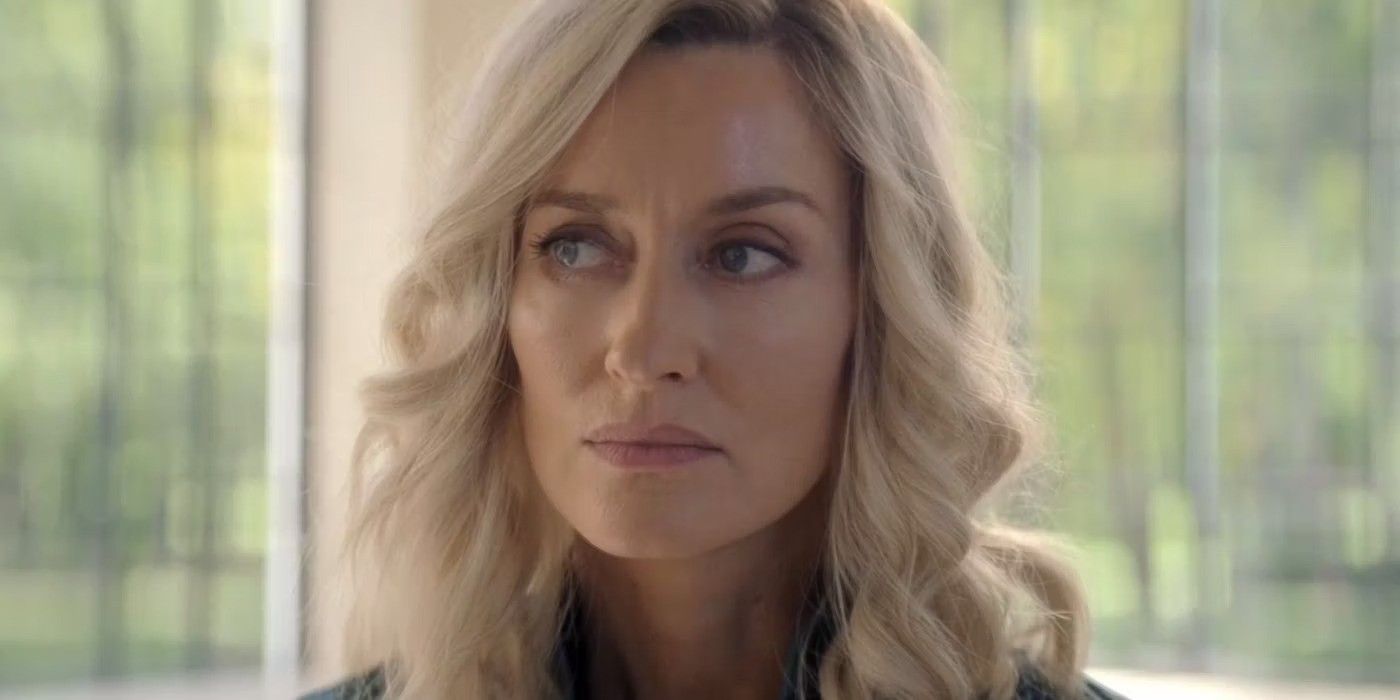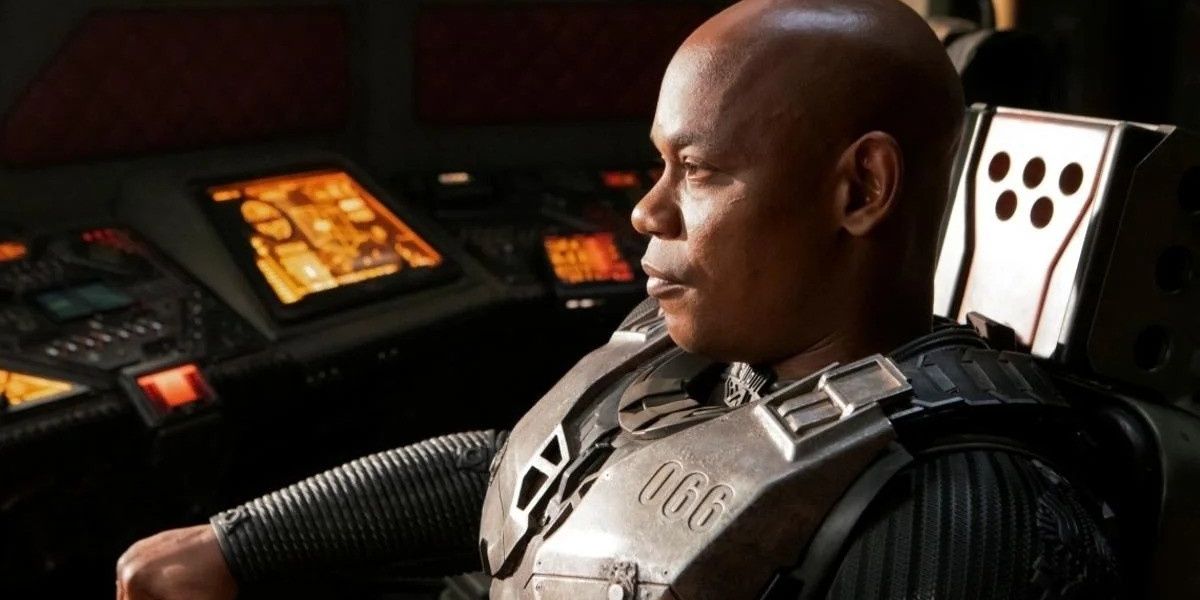Halo struggles to pin down a consistent tone. Several plot threads are fighting for attention, many still several episodes short of anything compelling. The show piles details onto the central thread without doing anything new with the central narrative. The Master Chief has spent one and a half episodes being doubted and ignored. That idea reaches its apex here, leaving most of this episode calm before the storm.
"Visegrad" is Craig Zisk's first episode as director. Zisk is a prolific TV professional who recently helmed an episode of AMC's Interview with the Vampire. He produces shows like Brooklyn Nine-Nine, United States of Tara, and Wu-Tang: An American Saga. Marisha Mukerjee wrote the episode. She's best known for her work on Quantico but also penned episodes of Titans and TNT's Snowpiercer.
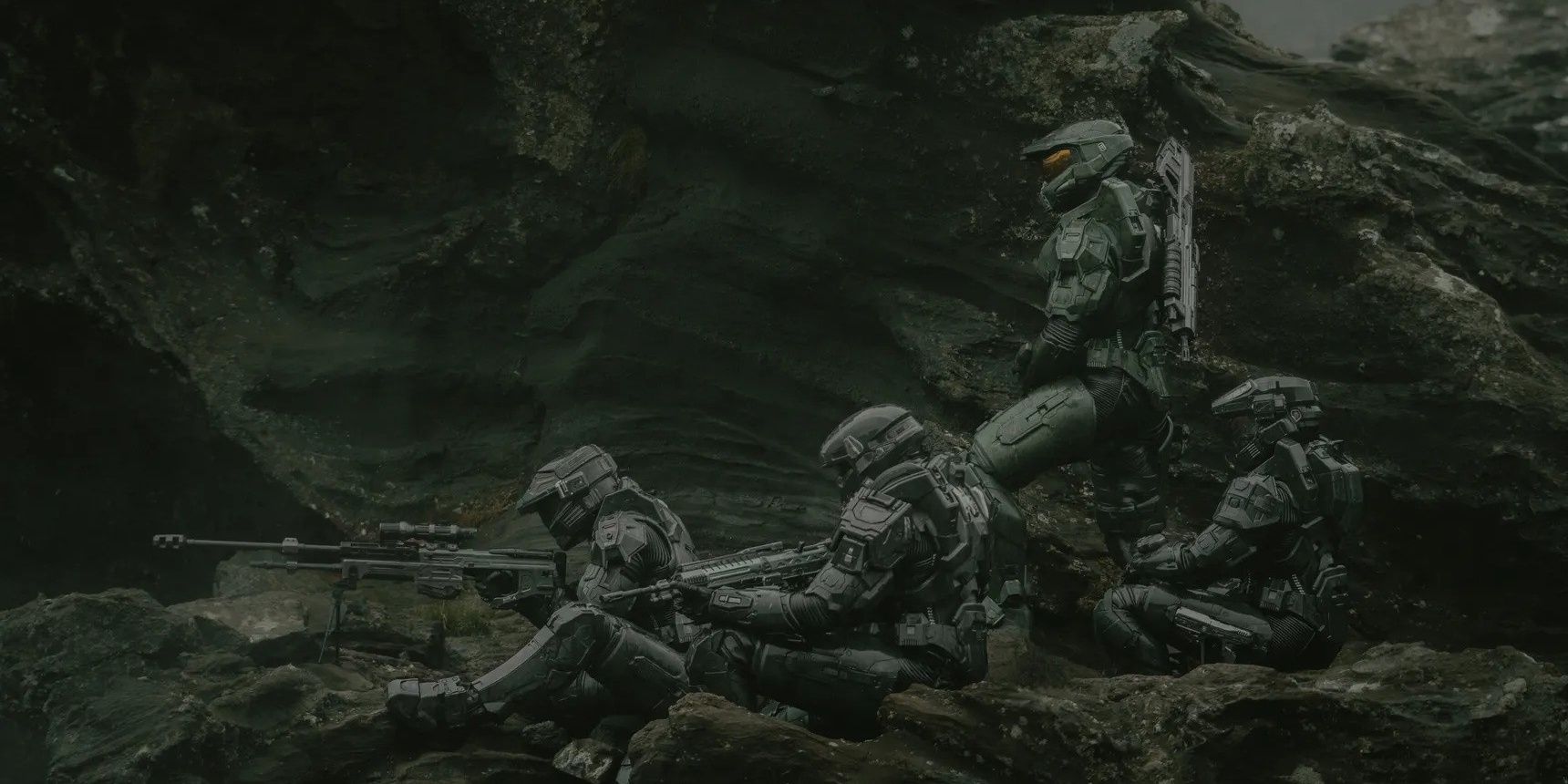
Halo Season 2 Episode 1 Review
Halo's second season premiere kicks off with a killer action scene before ditching most of the first season's narrative to construct a new mess.
Episode three, "Visegrad," picks up immediately after the second episode ended. The Master Chief misleads Silver Team into investigating his hunch. While the audience knows his intuition is accurate, his fellow Spartans are less convinced. Their doubts are proven correct when UNSC higher-ups arrive to demand that Silver Team drop their weapons and abandon their investigation. John pushes forward, but the Covenant have already cleared all evidence of their presence. Though Riz, Vannak, and Kai trust their commanding officer implicitly, this lapse in judgment shakes their faith. UNSC Officer Jacob Keyes relieves John of duty, leaving him with armed guards to keep him in line. Watching the other members of Silver Team deal with the possibility that their mighty leader isn't himself is genuinely compelling. Each of the Spartans finds a coping mechanism to continue their war effort. Turning these lesser icons into more central characters may have been the best decision made in the second season.
While the Spartans struggle to find leadership, James Ackerson tries to exercise his power. Ackerson is a complex figure. He's unmistakably villainous, but his motivations are bizarre. This episode features a new dramatic element as he introduces his father. Mr. Ackerson is elderly and informed, struggling with memory issues. James chats with Keyes, his dad, and Cortana, gradually revealing elements of his plan. His talk with Keyes sets a new tone for the next few entries. Turns out, James Ackerson knows the Covenant is on Reach. He's not interested in warning anyone or taking precautions. To him, the invasion is inevitable, and all they can hope to do is wield power while it lasts. His position is untenable, but it makes even less sense than the usual "evil military guy" turn. He puts down suggestions of evacuation by warning of panic, but he seems to shrug his shoulders when considering the consequences. It makes him less believable as a character.
Soren-066's side story sent him to prison on Reach, leaving his wife and son to fend for themselves. Hostilities escalate in episode three as Soren's pirate crew reveals their shaky motivation for betrayal. They weren't sick of Soren's obsession with finding Catherine Halsey or willing to exploit the war to secure a new life. They just wanted some treasure they were pretty sure he had stashed away somewhere. The pirates torture Laera for intel, but Kwan Ha won't sit idly by and watch. Kwan leaped a few stages of character development in the seasonal gap. She's a cold-hearted rebel with a criminal record now. Her narrative is wholly unrelated to the central plot but compelling in its own right.
Halo season 2 seems to be employing a "throw everything at the wall" approach that works just often enough. They're spraying and praying plot threads like a new player with an assault rifle. The best element of the show is the interplay between Silver Team's cast of Spartans. Spending more time with them would help the series develop its central emotional hook. John returns to see Talia Perez in this episode, pushing forward its slightly awkward thematic interpretation of faith. His struggle works in context, but it's more compelling with the help of other soldiers. The engaging moments throw the duller scenes into a harsh spotlight. Once the show demonstrates its ability to keep the audience's attention, every moment it spends without it feels like a lapse in judgment.
There's enough worth watching in Halo season 2 to recommend so far. If it dropped into another sci-fi franchise like Star Trek or Star Wars, it would sit somewhere in the middle of their catalogs. It's ironic to say about a show that eschews the source material so freely, but this series would be instantly forgotten if it wasn't called Halo. All of its merits can be found elsewhere. That's not to say it's worthless, but that it's constantly fighting its apparent instincts to reach for the middle. When bestselling games become movies, they often alienate fans and potential newcomers by sanding off the rough edges, resulting in a bland mess. Halo still has a few unique bumps along its surface, but it still has a ways to go to find a horizon beyond mediocrity.
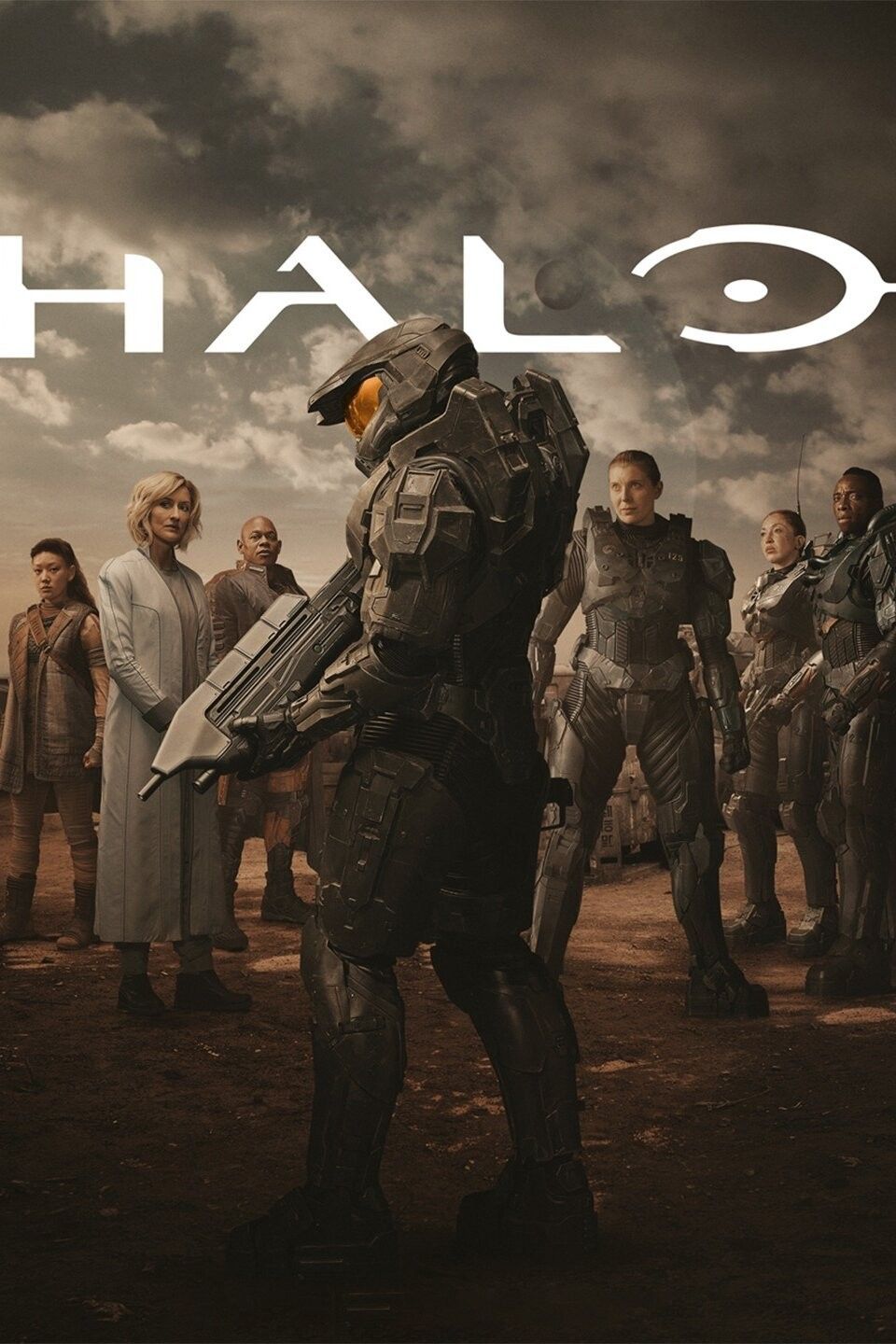
Halo
Season 2, Episode 3: "Visegrad": The Master Chief and his Spartans suffer the consequences of their unsanctioned mission while Soren's family struggles to survive.
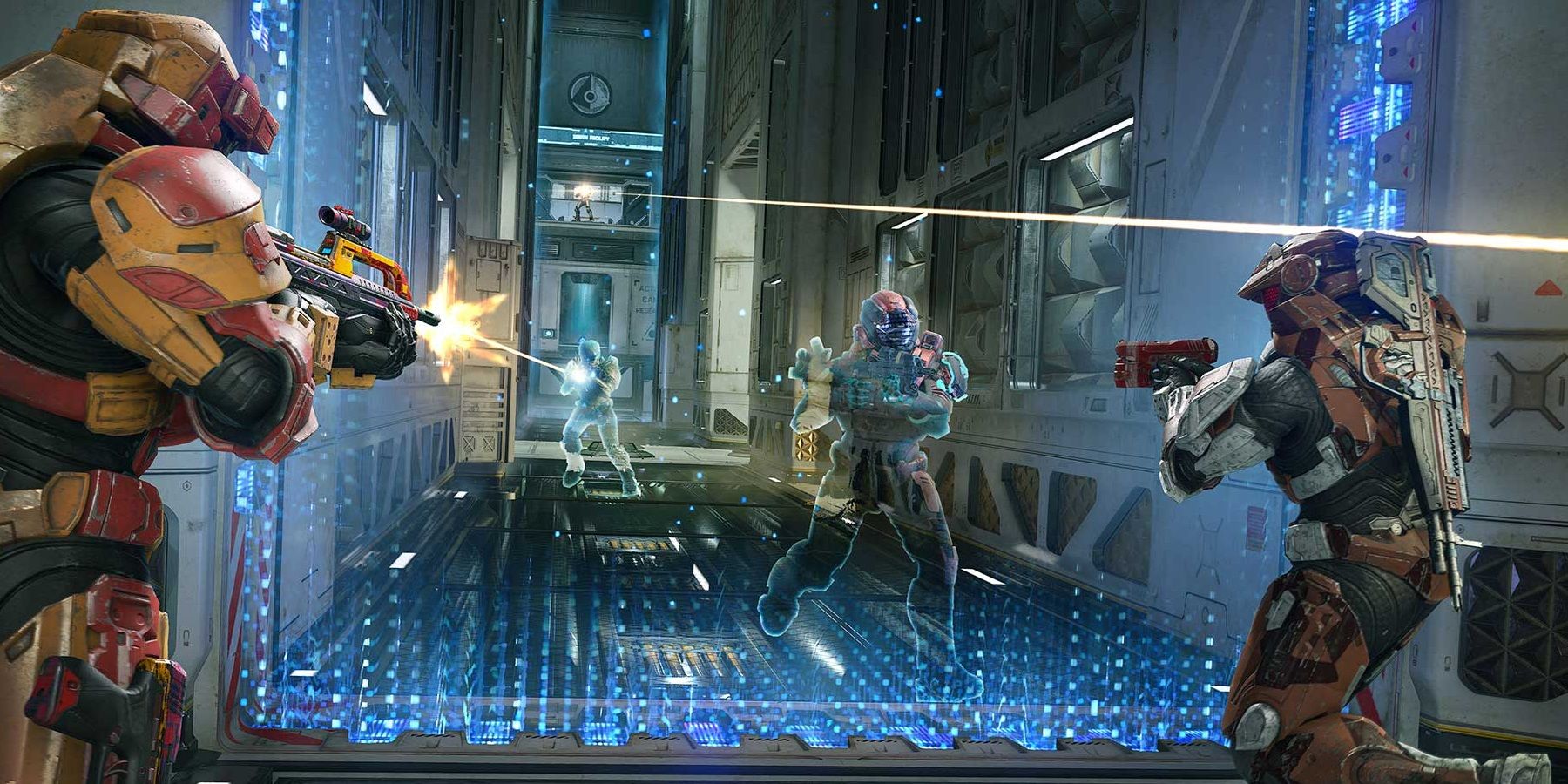
Halo Infinite Adds New Content Inspired by TV Series
Halo Infinite adds two new items inspired by Paramount's Halo TV show and confirms that additional items are coming in the future.

